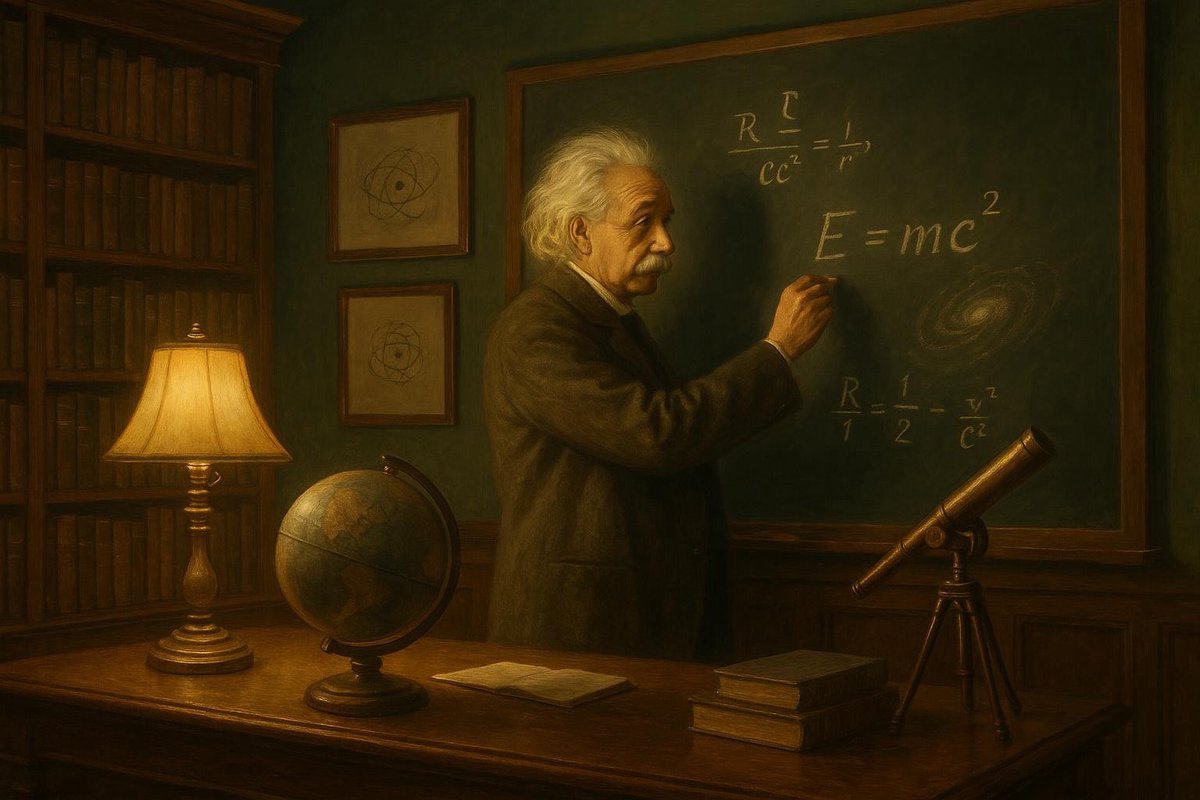
Unpacking the Question: What Are the Limits of Science?
When we ponder the limits of science, we are drawn into a labyrinth of thought. It’s not as simple as measuring what we know against what we do not. Consider the phenomenon of dark matter — the unseen majority of the universe, whispering its secrets through gravitational pulls, yet remaining invisible to our finest instruments. Here lies a tantalizing conundrum: how do we comprehend what we cannot perceive?
- Is science a beacon lighting the path forward, or a cage confining our understanding?
- Why does the horizon of scientific knowledge remain ever just out of reach?
- Theories like string theory suggest dimensions beyond our perception, teasing the boundaries of science.
In our quest for knowledge, each discovery lays bare new mysteries, expanding our horizons while simultaneously underscoring our limitations. As the Nobel laureate Richard Feynman once lamented, “The first principle is that you must not fool yourself — and you are the easiest person to fool.” Science, in its purest form, is an inquiry forever chasing the unknowable.
Surprising Facts: How Misconceptions Shape Our Understanding
Many believe science to be an inexorable march towards truth, yet history shows a dance of misconception and revelation. Take, for instance, the geocentric view of the universe that held sway until Copernicus turned the cosmos inside out. This shift was not merely scientific; it was existential.
- Misconception: The Sun revolves around the Earth. Reality: We are but one planet orbiting a star within a vast galaxy.
- Misconception: Atoms are the smallest units of matter. Reality: Quantum physics reveals a subatomic world more bizarre than fiction.
Each scientific revolution reshapes our place in the cosmos and the narratives by which we live. It was Eddington who said, “Not only is the universe stranger than we imagine, it is stranger than we can imagine.” As our instruments evolve, so too do the myths we shatter and the truths we embrace.
What Science Says: The Current Understanding
Science, in its rigorous beauty, offers a methodical approach to peeling back the layers of reality. But what does it say about its own borders? Theories of everything, like quantum mechanics and general relativity, hint at a unified framework yet remain irreconcilable.
- The Standard Model of particle physics describes fundamental forces but leaves gravity as an outlier.
- Heisenberg’s uncertainty principle suggests inherent limits to what we can know about a particle’s position and velocity.
- Gödel’s incompleteness theorems imply that within any given system, there are truths which cannot be proven.
Herein lies the heart of the philosophical debate: Are there truths beyond the reach of empirical science? Einstein’s pursuit for a ‘theory of everything’ reflects humanity’s quest for coherence in chaos — a quest that may forever remain aspirational.
What It Means for Us: The Human Perspective
These scientific boundaries, then, are not merely academic. They shape the human experience, infusing our lives with both humility and wonder. Our limitations do not stifle our curiosity; they invigorate it, pushing the boundaries of imagination.
- How can we find meaning in a universe that seems indifferent to our existence?
- Does the pursuit of understanding, even knowing there are limits, give life its purpose?
- Like explorers on the edge of a map, we are compelled by what lies beyond the known world.
Philosopher Karl Popper argued that science progresses through falsification, not verification. We learn as much from the questions as from the answers, and in this dance of inquiry, science becomes not just a tool, but a philosophical exercise. It asks us to embrace the unknown, to see the universe not as a puzzle to be completed, but as a tapestry ever-weaving itself anew.
In conclusion, the limits of science illuminate the endlessness of our curiosity, inviting us to question, explore, and wonder — eternally.
Fuel Someone Else’s Curiosity
Share this article with a fellow seeker of truth. Engage in a conversation. Let the mysteries of science ignite discussions, and may your curiosity inspire others to question the very fabric of reality. After all, in the words of Socrates, “Wisdom begins in wonder.”

Leave a Reply